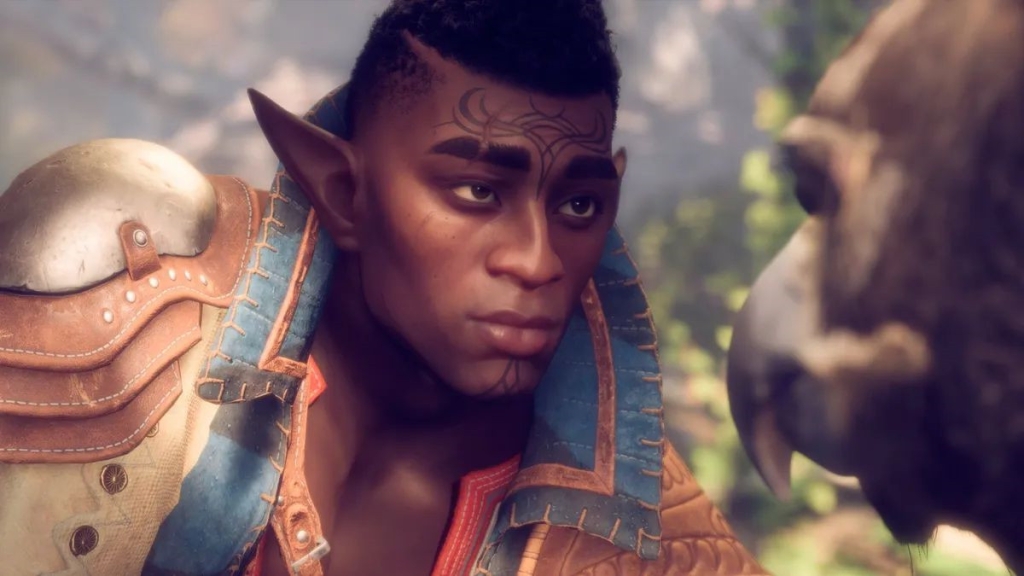PC Gamer calls for the game industry to stop forcing single-player studios to transform
Recently, the well-known game media PC Gamer published an in-depth article, strongly recommending that the game industry stop pushing studios that are good at producing stand-alone games into the development of online service games. The article reveals the risks and challenges behind this trend by analyzing two games, "Suicide Squad: Kill the Justice League" and "Dragon Age: Shadowkeep", which will be released in 2024.

These two games originate from the acclaimed stand-alone game studio in the 2010s, many years after their predecessors. It has been ten years since the release of "Batman: Arkham Knight", and the "Dragon Age" series has also been away from players for a long time. It is worth noting that after the failure of BioWare's "Anthem", its follow-up "Shadow Keeper" tried to create an online service multiplayer game similar to "Destiny", but ultimately experienced a "soft reboot" and returned to a more mature game. A single-player RPG mode that conforms to the tradition of the series.

In contrast, Suicide Squad, despite delays after an initial demo, still retains an online service mode, with a campaign followed by repeatable missions and "endgame" content, but the follow-up Season support was summarily cancelled.
PC Gamer pointed out that the return of "Shadow Guardian" is a smart move, while "Suicide Squad" seems to have fallen into the trap that many well-known studios have fallen into. Although online service games are very popular, they require extremely high resource investment and long-term commitment from developers and publishers. Players have high expectations for such games and tend to focus on one game, which intensifies competition in the market. This is very different from a single-player game experience with a predetermined ending. Successful online service games tend to come from new studios focusing on this area or studios with extensive experience in making multiplayer games.

The article also cited a number of stand-alone studios that have successfully transformed into online service games as special cases, but emphasized that these cases were mostly early adopters, special cases or special circumstances. In contrast, the late 2010s and early 2020s saw a plethora of online service-based games fail, particularly titles from highly regarded stand-alone studios such as Red Island, Pioneers, Anthem, "Marvel's Avengers" and more.

PC Gamer concluded that we have seen enough failures to know that turning a single-player studio into a "money printing machine" is not a wise move, nor is it the best use of these talented and experienced teams. This is like taking a sports car off-road. Not only does it defeat its original purpose, it may also cause damage. Therefore, the game industry should re-examine this trend and provide more development space and opportunities for stand-alone game studios.








